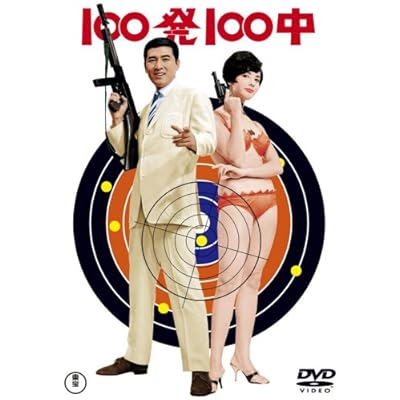1979
Director: Liu Chia Liang
Starring: Liu Chia Hui, Wong Yue, Lo Lieh
Once you get past the title (which reads like some unholy mixture of Dirty Harry and Blaxploitation), what you have is one of the great period martial arts films. This is no surprise considering it's director is Liu Chi-Liang, arguably the finest director who ever lensed old school kung fu movies. Alone amongst his peers, Liang has created strong, quirky, character driven epics that are enhanced by some of the best and most complexly choreographed kung fu action sequences ever seen. "Dirty Ho" is one of his best which means it's also one of the best martial arts movies ever made.
The story concerns Wang Qinqin, the eleventh son of the emperor (played by Liu Chia-Hui aka Gordon Liu) who is incognito as he is to be named the heir to the throne and is fearful of retribution from one of his thirteen brothers. Posing as a jewel connoisseur and art collector, he buts heads with street con man, Ho Chih (the Dirty Ho of the title, played by Wong Yue) and decides to cleverly use him to flush out his enemies.
It is a simple, alomst sitcom-like plot. But from this premise, Liang creates some of the most amazing kung fu set pieces ever lensed at Shaw Bros. studio. What makes them so great here are their subtlety. Throughout the first half, Wang must hide his skills for fear of giving himself away, both to Ho and his enemies. He manipulates his supreme fighting skills so that it appears he isn't fighting at all. This comes to a head in an incredible scene where Wang and Ho visit a wine connoisseur (played by #1 Shaw heavy, Wang Lung Wei). He and the waiter (Hsiao Ho) have been hired to kill Wang. As they quietly drink and discuss the various wines, a furious battle goes on that no one in the restaraunt (including Ho) are made aware of. Some viewers may be put off by this sequence (and the previous ones) and will shout things like "Just hit him!". But for those of us who have seen tons of "Just hit him!" films, we can appreciate such fantastically subtle "fight" scenes. The finale features an all out battle in a windswept deserted town that is pretty much the pinnacle of Shaw Bros. action set pieces.
But the real reason this action comedy works so well is because of it's two leads. Liu Chia Hui and Wong Yue are both terrific actor/fighters. They prove to be perfect foils for each other with Hui's subtly conniving Prince constantly outwitting Yue's brash, unsophisticated thief. The comedy plays itself almost to perfection, except for one glaringly bad throwaway scene (featuring a goofy, misfit gang) that occurs late in the film and threatens to derail the project. Fortunately, the scene is brief and the movie immediately recovers from it.
In short, "Dirty Ho" is a must see, especially for viewers who think kung fu movies of the 70s are either A) "Damn you, you killed my teacher!" or B) goofy, slapsticky martial arts comedies. For those people, this film should prove to be an eye opener.
And in case the title doesn't have you snickering, check out the film's ad line, "You haven't lived until you've fought Dirty Ho... and then you're dead!"
**** / ****








